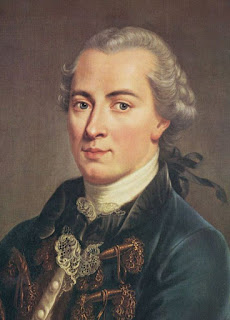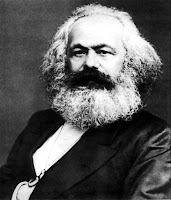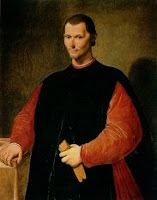Excellent Video on God and the Mystery of Suffering
Isn't human suffering proof that a just, all-powerful God must not exist? On the contrary, says Boston College Professor of Philosophy Dr. Peter Kreeft. How can "suffering" exist without an objective standard against which to judge it? Absent a standard, there is no justice. If there is no justice, there is no injustice. And if there is no injustice, there is no suffering. On the other hand, if a true, objective standard of justice exists, [which it does] God exists. In five minutes, learn more. From the transcript: "All good people are appalled by the sufferings of the innocent. When an innocent person is struck by a painful disease, or tortured or murdered, we naturally feel sadness, helplessness, and often rage. Many people have claimed that such suffering is a proof that God does not exist. Their argument goes like this: God is all good and all powerful. Such a God would not permit unnecessary suffering. Yet, we constantly observe unjust suffering. Th







